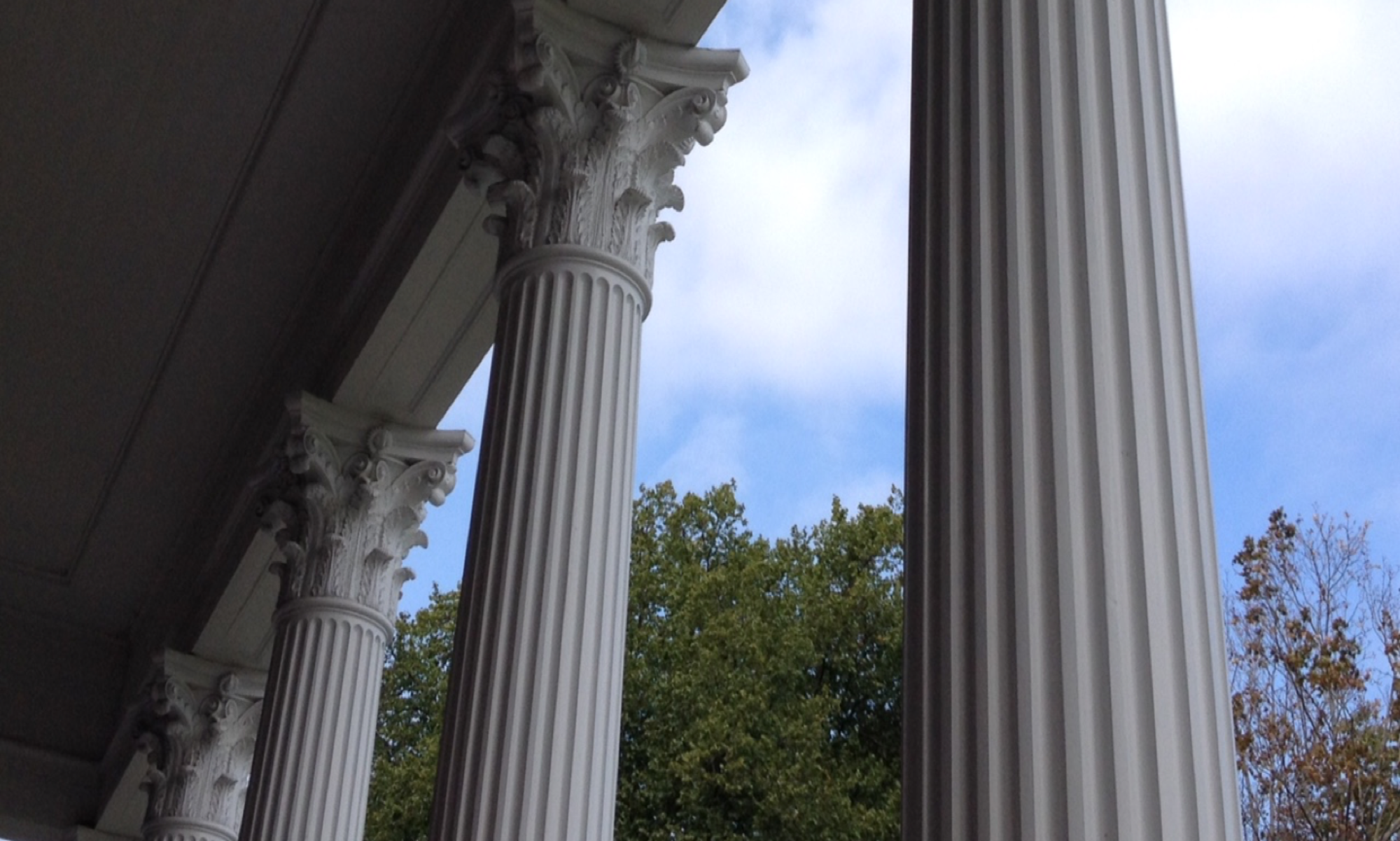By Allyn Waller ’18
On Friday afternoons, Fenwick 4 comes alive with the sounds of students in the Manuscripts Club decoding the works of Jerome, Homer, and Euclid. Along with these famous authors, however, one group is working on a digital edition of a manuscript of Gregorian chants written by anonymous monks in the late tenth century.

Studying this kind of manuscript brings unique challenges. The manuscript contains text, as most manuscripts do, but also contains musical notation for the chants in the form of neumes, markers that signify the note or notes to be sung on a given syllable.
One challenge for the group working of this manuscript has been figuring out how to represent these neumes in digital form. Also, unlike the Iliad or other classical texts, there is not a way to canonically refer to a specific line of a chant. Much of the group’s work last semester was spent on ways to try to overcome these problems.
Thankfully, there is a talented troupe of teammates trying to tackle this treatise. This team includes Allyn Waller ’18, Classics major and Computer Science minor, Michael Shun ‘18, Classics and Music double major, Nicholas Guarracino ‘18, Classics major; Classics major Julia Spiegel ’19; and Ying Hong ’19, presently undeclared. Consulting the students on their work are Prof. Neel Smith of the Classics Department, the Manuscripts Club adviser; and Prof. Daniel DiCenso of the Music Department.
Of their work on the project Michael said, “I really feel like I’m in my element here. This research covers both of my fields of study; so even though I’m not taking a Latin course this semester, I still get to use some of the Latin muscles I’ve built over the years. Plus, it’s really comforting to know there are others out there that are interested in the same things I am.”
Nicholas shares Michael’s excitement about exploring these manuscripts: “After so many years of training, it feels good to finally get my hands dirty and work with real manuscripts.”
Julia, who is beginning her second semester at Holy Cross, is enthusiastic about this research opportunity: “It’s exciting to dive into research like this early in my college career. These chants are really interesting and the more we learn about them, the more interesting they get.”
“My favorite part of the Manuscripts Club, and this project in particular, is that I feel I am contributing to the overall store of human knowledge,” commented Allyn. “I’m not just reading old texts; I’m using my knowledge of those texts to create new knowledge and understanding.”


